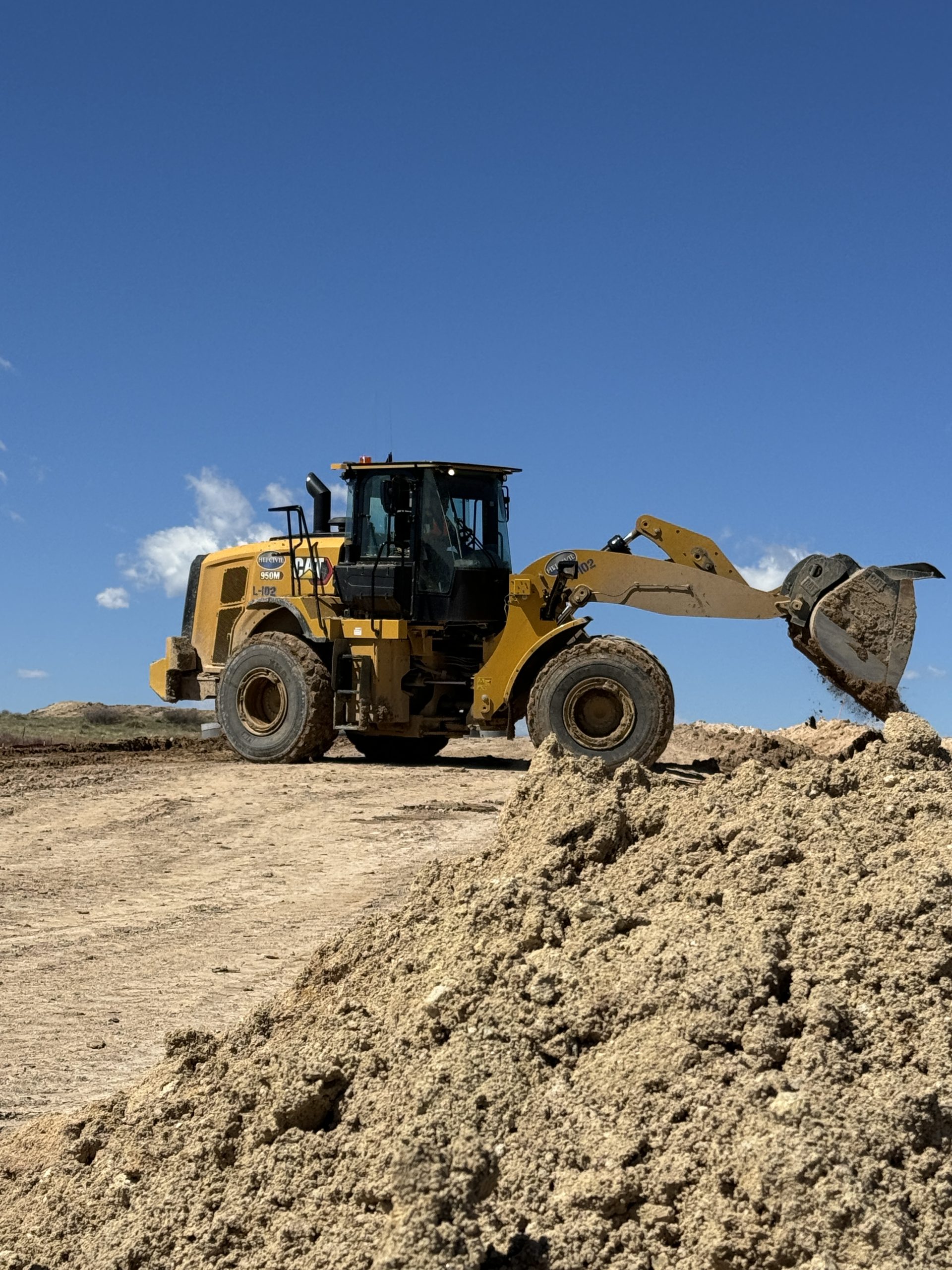Highway construction is about creating vital infrastructure that supports communities, facilitates commerce, and ensures safe travel. In heavy civil construction, the importance of quality cannot be overstated. High-quality highway construction goes beyond the initial build to ensure durability, safety, and cost-efficiency over time. Here’s why investing in quality is crucial for every highway construction project.
Durability and Longevity
Highways endure constant use and heavy loads from various vehicles, from passenger cars to large freight trucks. Quality construction means using the best materials and adhering to strict construction standards. Quality ensures the highway can withstand these stresses over the years without significant wear and tear. A well-constructed highway reduces the need for frequent repairs and resurfacing, which can disrupt traffic and lead to additional costs.
Enhancing Safety for All Users
Safety is a top priority in highway construction. Poor-quality materials and substandard construction practices can lead to dangerous conditions such as potholes, cracks, and uneven surfaces. These defects can cause accidents, injuries, and even fatalities. By prioritizing quality, construction companies help ensure that highways remain smooth and safe, reducing the risk of accidents and enhancing the safety of everyone who uses the road.
Cost-Effectiveness Over Time
While high-quality highway construction may require a higher upfront investment, it is more cost-effective in the long run. Poor construction quality often leads to early deterioration, requiring costly repairs and maintenance sooner than expected. These ongoing repairs increase expenses and cause traffic delays and inconvenience to the public. By investing in quality from the start, governments and contractors can minimize long-term costs and disruptions, providing a better return on investment.
Meeting Regulatory Standards and Compliance
Quality highway construction isn’t just about durability and safety; it’s also about meeting regulatory standards. Highways compliance with local, state, and federal regulations ensures that highways are built to withstand various environmental and operational challenges. Adhering to these standards helps avoid legal issues and fines, ensuring that projects are completed on time and within budget while maintaining public trust.
Supporting Sustainable Practices
Investing in quality construction materials and methods can also contribute to sustainability. For example, using durable materials reduces the need for frequent replacements, conserving resources and reducing waste. Additionally, quality construction can incorporate sustainable practices such as recycling materials and using eco-friendly paving techniques, further reducing the environmental impact of highway projects.
Quality in highway construction is about more than just creating a road; it’s about building safe, durable, and sustainable infrastructure that has served communities for decades. By prioritizing quality, heavy civil construction companies ensure the longevity and safety of highways and contribute to economic efficiency and environmental sustainability. Remember, quality is not an option when it comes to highway construction—it’s a necessity.




